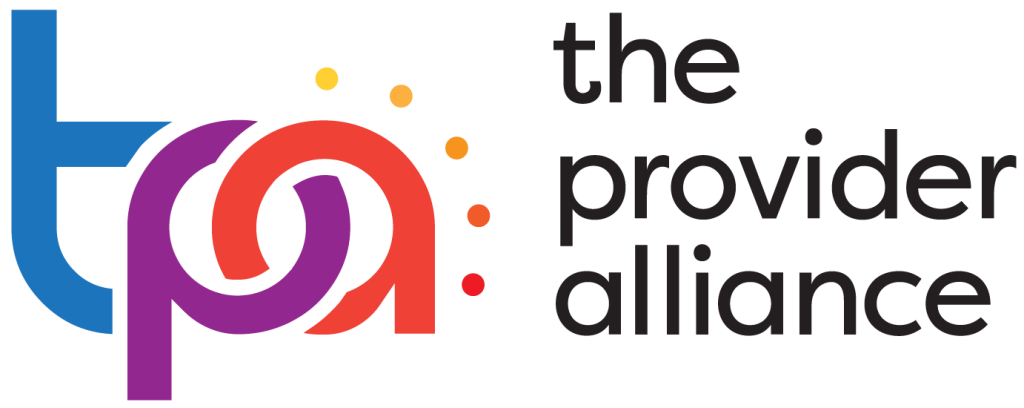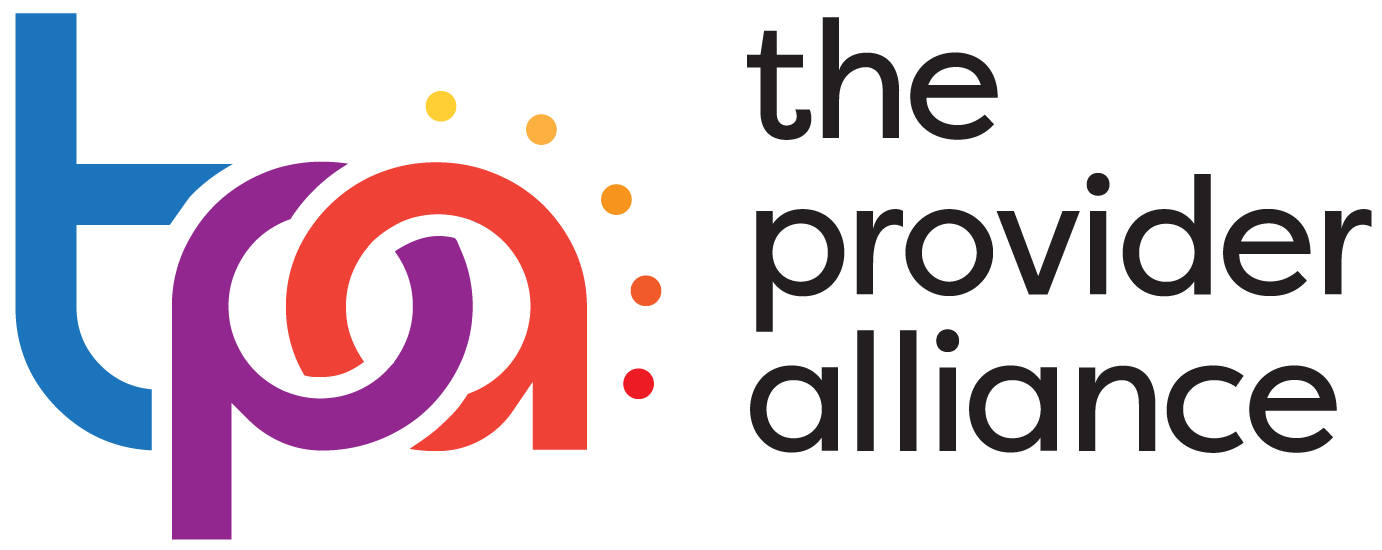As the federal government’s fiscal year-end approaches, Congress is gearing up for a challenging appropriations season. With just over 100 days remaining until government funding runs out and the recent statements from key lawmakers indicating a potential clash between the House and the Senate, Capitol Hill insiders are voicing concerns about a potential government shutdown.
The conflict regarding the federal government budget stems from the agreement reached between Speaker Kevin McCarthy and President Joe Biden during the debt ceiling negotiations. In this agreement, they established a budget cap for FY24 spending. However, differing interpretations of this cap have led to a clash between the House and the Senate.
Speaker McCarthy argues that the budget cap serves as a maximum spending threshold, allowing the House Appropriations Committee to mark bills at FY2022 levels. He views the cap as a ceiling rather than a floor. Consequently, House Appropriations Chair Rep. Kay Granger is proceeding with marking up bills to FY2022 levels, aligning with McCarthy’s interpretation. The White House argues that caps are typically viewed as funding levels, meaning they establish a target for how much money can be allocated to various programs or sectors.
This decision sets the stage for a contentious battle with the Senate, as there is minimal support in either chamber for FY 2022-level spending. If these bills were to be passed, it would result in a significant reduction of approximately $120 billion from the agreed-upon budget cap.
Moreover, starting January 1, 2024, a 1% budget cut will automatically take effect unless Congress successfully passes all 12 appropriations bills. This impending deadline adds to the urgency of reaching a resolution by the end of the fiscal year. Failure to do so could create significant challenges in the fourth quarter of 2023 for government funding.
The differences between the House and the Senate are not limited to budget levels. House conservatives have expressed their desire to cut funding for the Justice Department and the proposed new headquarters for the FBI, further deepening the divisions between the House GOP and the Biden administration, as well as the Senate.
Despite the challenges, Senate Republicans and Democrats remain steadfast about continuing to work together in tandem. In a joint statement, Appropriation Committee Chair Patty Murray (D-WA) and Appropriations Vice Chair Susan Collins (R-ME) said:
“We have an obligation as members of Congress to work together to write and pass funding bills in a timely way that address key challenges our nation faces, and we are determined to ensure the Senate’s voice is heard in this process.”

